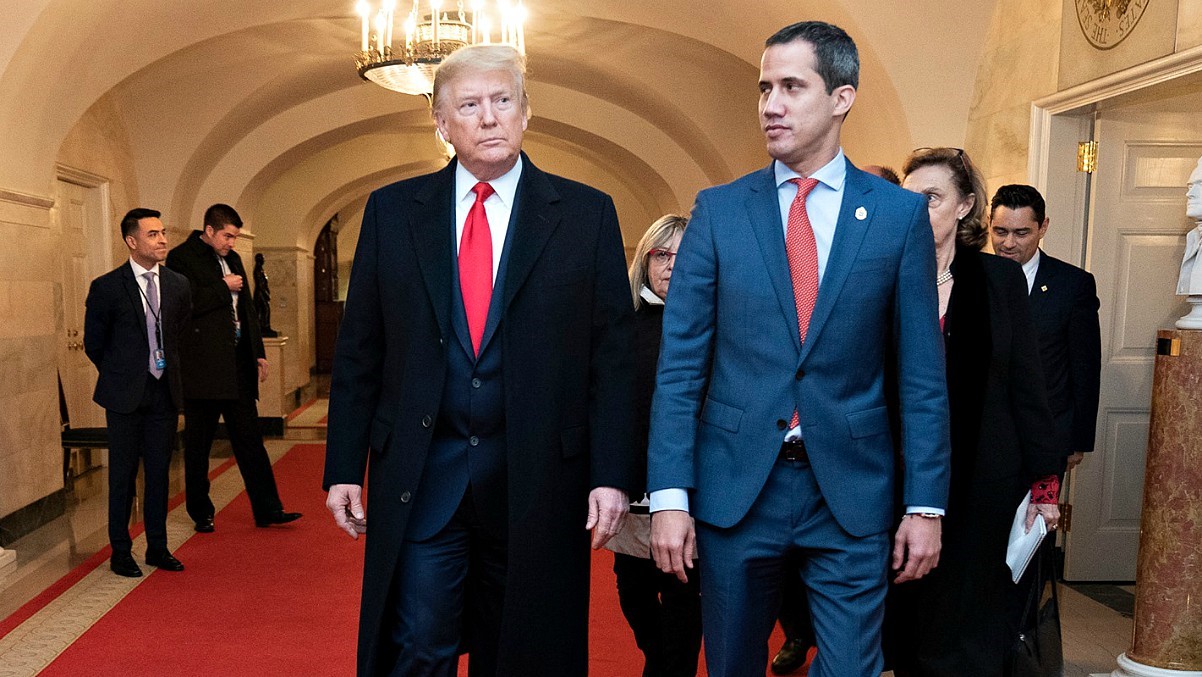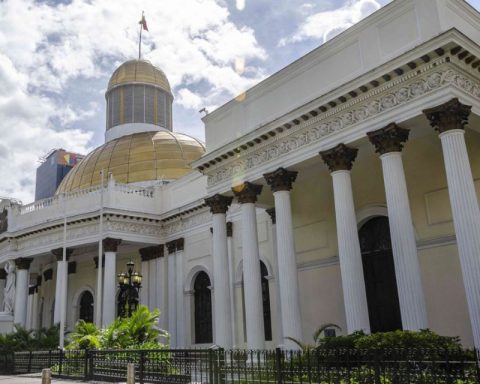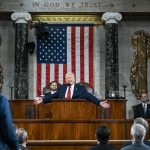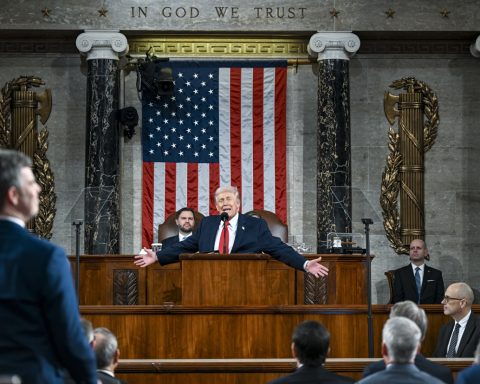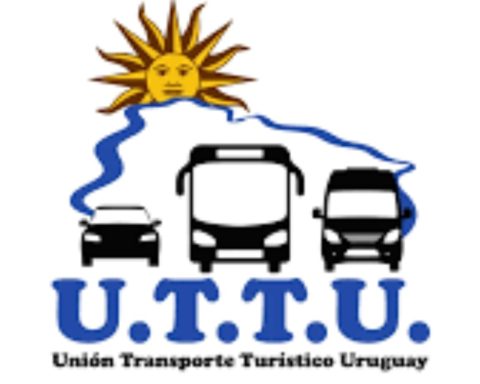After the meeting between then-president Donald Trump and the self-proclaimed “president” Juan Guaidó in Washington, the possibility of a simultaneous naval blockade against Venezuela and Cuba was considered.
This is revealed by Mark Esper, former Secretary of Defense of the Trump administration, in his book “A Secret Oath” (A sacred oath by its translation into Spanish), where he pointed out that this idea arises on the recommendation of National Security advisers Robert O ‘Brien and Mauricio Claver-Carone.
According to excerpts from this book cited by the Venezuelan ambassador to the United Nations (UN), Samuel Moncada, this option is proposed as a consequence of the failure of the coup attempt on April 30, 2019.
“The proposal was to block all maritime passage to Cuba and Venezuela to suffocate their economies,” he points out, detailing that this proposal emerged during the meeting of the National Security Council held in March 2020.
According to Esper, this idea was rejected after pointing out the impossibility of its application, considering it “an old idea that has already been superseded” that would have a negative impact on the image of the United States in the international community.
“We need to find a legal and credible way to do it,” said the then Secretary of Defense, pointing to operations against shipping companies that transported oil or other hydrocarbons.
“Esper knew that Trump, O’Brien and Claver-Carone favored the use of military force without weighing the justification and international consequences. But if he opposed it from the beginning, he was going to be accused of ‘dragging his feet’ in the face of Trump’s instructions”, highlights the Creole diplomat.
The naval blockade was ruled out as a result of the lack of valid arguments and responses to proposals regarding legality by its proponents, for which “everyone agreed to seek the necessary answers before acting.”
As a consequence of this proposal and its application in accordance with Esper’s suggestions, Venezuela was the object of several confiscations of ships with fuel that had been acquired to alleviate the internal supply crisis.
